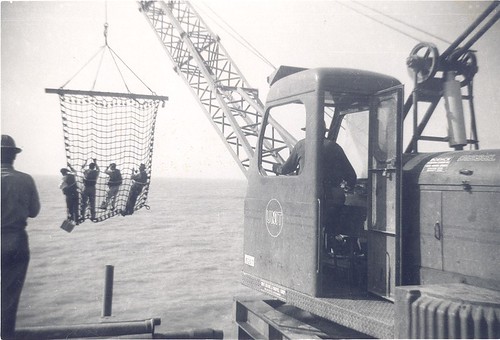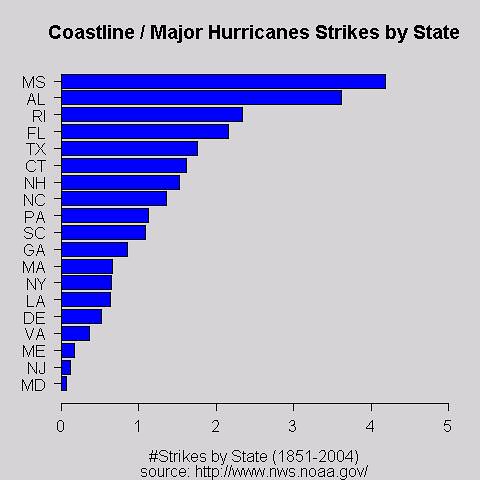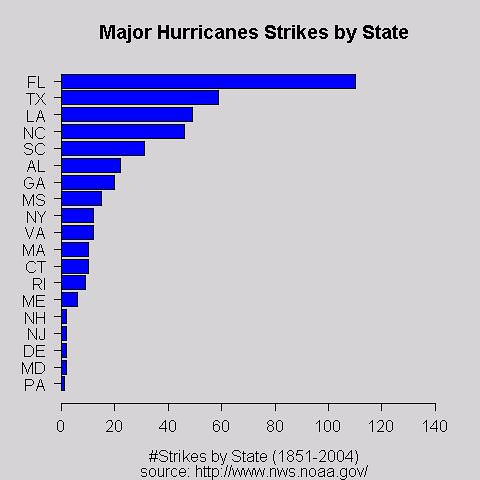Crop tree management is very similar to thinning carrots in a garden. If you leave too many carrot seedlings, you end up with many scrawny carrots and few nice ones at the end of the season. It works the same way with trees.
Crop tree management is a technique developed to generate high-value sawlogs. This makes your woodlot more valuable and increases the financial return from your trees. This technique usually does not apply very well to pulpwood production. In crop tree management, as few as five to more than ten trees per acre can be selected as candidate “crop trees.” Crop trees are the best trees in the woodlot. These are the trees that will be kept in the forest to grow in size and value. This does NOT mean that a landowner cuts all of the other trees, but instead means that the crop trees get special treatment that is not given to the others. A crop tree is usually:
• A long-lived and desirable species
• Straight and tall
• Free of obvious disease
• Free of defects, especially large wounds
• In the uppermost canopy layer (in a dominant or co-dominant position)
When selecting crop trees, it is important to note that the tree does not need to be large, just in the upper canopy. Some of the biggest gains in value can come from trees that are 6–10 inches now, but will be 12–14 inches or more at the final sale.
After the candidate trees have been selected, the trees that are directly competing with them are removed. This usually means trying to release the crowns (the top) of the crop trees from competition on three or four sides. After the treatment, the crowns of the crop trees should be separated from adjacent trees by about 15 feet. This will allow the tree to grow with much less competition and to put on much greater volumes of high-value new wood. These few, really good quality trees usually hold most of the value in the stand when cut for sawtimber.
Now, what does that have to do with investing? Hmmm.... Let me convert the above text into what my mind saw:
Crop stock management is very similar to thinning carrots in a garden. If you leave too many carrot seedlings, you end up with many scrawny carrots and few nice ones at the end of the season. It works the same way with stocks.
Crop stock management is a technique developed to generate super stocks. This makes your investment portfolio more valuable and increases the financial return from your stocks. This technique usually does not apply very well to daytrading strategies. In crop stock management, as few as five to more than ten stocks per portfolio can be selected as candidate “crop stocks.” Crop stocks are the best stocks in the portfolio. These are the stocks that will be kept in the portfolio to grow in size and value. This does NOT mean that an investor sells all of the other stocks, but instead means that the crop stocks get special treatment that is not given to the others. A crop stock is usually:
• A long-lived and desirable stock
• Uptrend that is tight and strong
• Free of obvious disease - unprofitable, high debt, etc.
• Free of defects, especially large wounds - facing bankruptcy, lawsuits, etc.
• In the uppermost canopy layer (in a dominant or co-dominant position) - new highs dominate the chart
When selecting crop stocks, it is important to note that the stock does not need to be highly liquid, just in the upper canopy. Some of the biggest gains in value can come from stocks that are thinly followed now, but will be heavily followed by the final sale.
By applying Crop Stock Management to our investment portfolios...perhaps we can grow crop stocks into super stocks .
Later Trades,
MT



